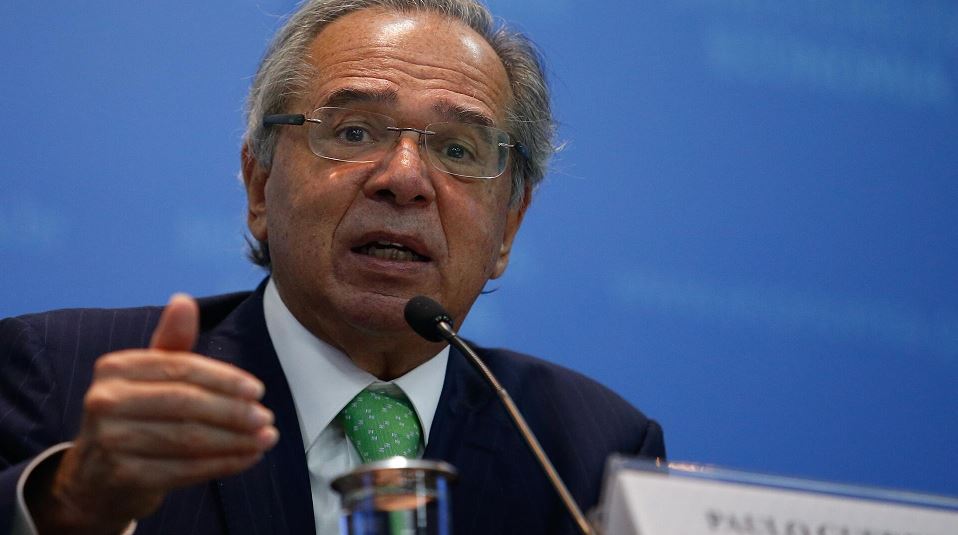RIO DE JANEIRO, BRAZIL – The Brazilian Minister of Economy, Paulo Guedes, told at breakfast this Wednesday, May 25, with interlocutors from Latin America and Asia that wind power in Brazil can leap, including with turbines at sea, the so-called offshore.
In ten years, the share of this type of energy was zero to 10% in the country. In the next five years, it may rise to 20%.
In Davos, Guedes had a meeting on Tuesday with the Danish Vestas, the world’s largest producer of wind turbines. The minister also said he had talks with the Spanish Iberdrola, which has also shown interest in Brazilian wind power.
Guedes also said he had bilateral meetings with several companies from different sectors, such as Alibaba, YouTube, DP World, and Arcelor Mittal. The signs were that they wanted to increase investments in Brazil. Vestas, for example, plans to expand its facilities in the country.

The Davos agenda is becoming more business-oriented, said Guedes. A few years ago, when he came to the event, 80% of the meetings were with politicians and the rest with companies. It has now been inverted, and 80% of the schedule is business, and only 20% is with governments.
In Wednesday’s event, emptier than the others the minister attended, Guedes defended that with the reconfiguration of productive chains and geopolitical changes, it is necessary to insist on trade and make new trade agreements.
Brazil is breaking records in trade surplus and trade flows, with an increase in the positive balance with China. “Brazil is willing to integrate,” the minister said.
In the early 2000s, trade with the Asian country per year was US$2 billion to US$3 billion, while with France, it was US$2 billion. A little over 20 years later, trade with China jumped to US$120 billion, and with the French to US$7 billion. Guedes said it shows who is driving growth in Brazil.
With information from Estadão

